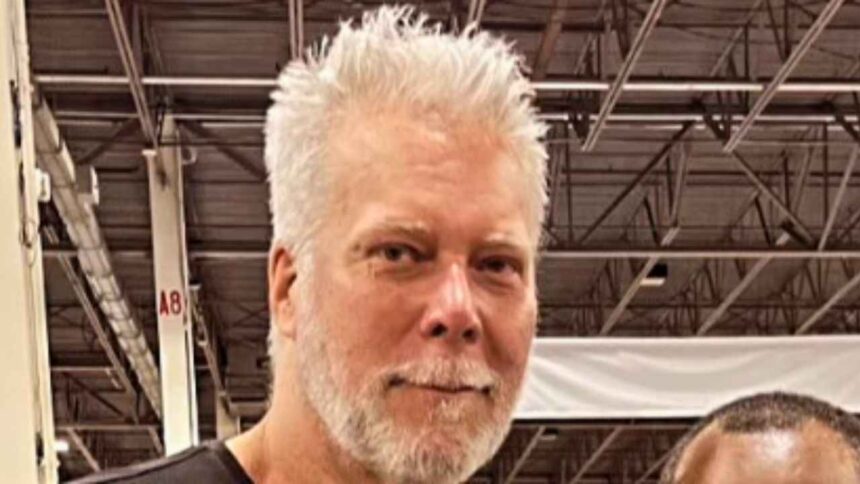WWE legend Kevin Nash has opened up about the pivotal moment he decided to retire from professional wrestling and the factors that influenced his decision. As the wrestling industry sees more performers competing into their 50s and 60s, Nash’s approach to retirement provides a unique perspective. Speaking on his show “Kliq This,” Nash, who recently featured in the docuseries “Who Killed WCW?,” shared insights into his retirement journey.
The Early Decision
“Retirement to me was when I was 40 because I knew at 40-ish, maybe 45, I knew I basically had enough money,” Nash stated, reflecting on the financial stability that allowed him to consider retirement early. Unlike many of his peers, Nash wasn’t keen on prolonging his career unnecessarily.
Nash revealed that he paid off his house in 1996, a move influenced by advice from Chief Jay Strongbow, who told him to find a place to settle down. “Owning my house provided a sense of security and freedom,” Nash explained. “Even in the worst-case scenario, I was living on the ocean.”
Planning for the Future
With his financial future secured, Nash initially planned to retire at 45. However, he still had aspirations beyond the ring. “I wanted to continue doing film, but I knew that was so sporadic,” Nash said, emphasizing the unpredictable nature of the film industry. He set a goal of having around $180,000 a year to live off of, ensuring a comfortable lifestyle without the need to wrestle.
Despite his intentions to retire, Nash continued to work past the age of 45, driven by a strong work ethic instilled in him from his Detroit roots. “The Detroit work ethic kept me going,” Nash passionately noted. “I had a drive to continue working.” This drive saw him wrestle his last WWE match at 52 years old in December 2011. His final career match took place for the independent promotion Big Time Wrestling in August 2018, where he won the BTW Heavyweight Championship at 59.
Stephen’s Insight
Kevin Nash’s reflections on retirement highlight the importance of financial planning and the role of personal drive in career longevity. His decision to retire early, despite continuing to work sporadically, showcases a balanced approach to life after wrestling. Nash’s story resonates with many in the industry, emphasizing that retirement doesn’t mean the end of passion or ambition but rather a new chapter fueled by financial independence and personal fulfillment.
Nash’s insights also shed light on the evolving landscape of professional wrestling, where performers increasingly manage their careers with a focus on long-term well-being. His journey underscores the value of mentorship and financial wisdom, which have been crucial in shaping his post-wrestling life.




